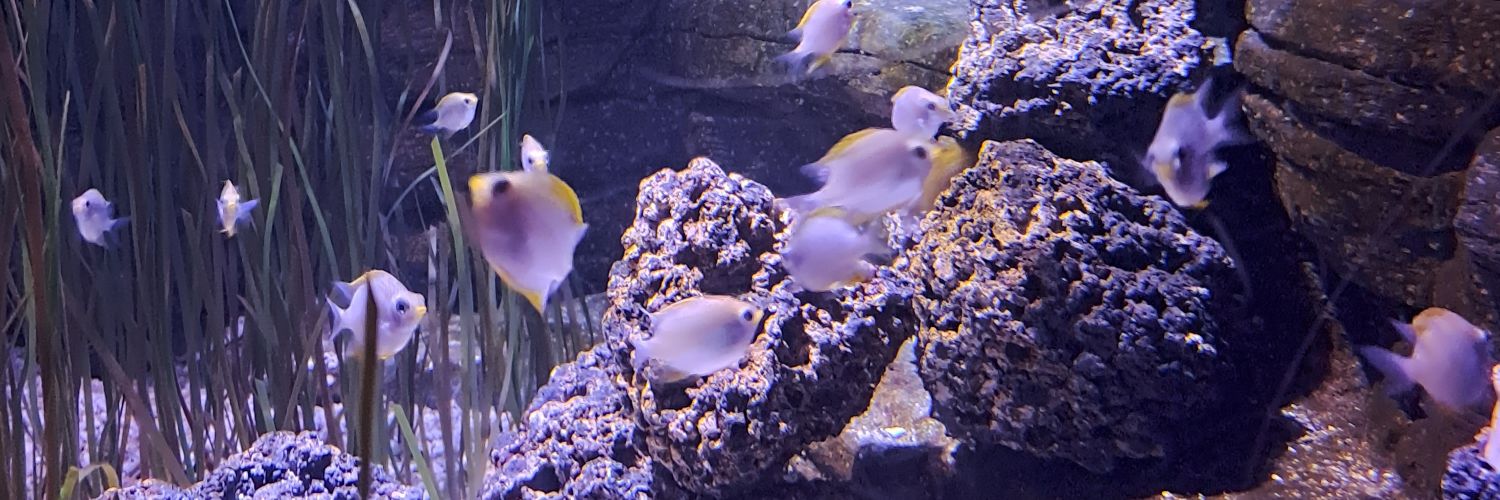
Bethlehem Tekola, PhD
@Bethlehemtekola
Mainly sharing my thoughts on ethics & practice of research involving & impacting marginalised communities and qualitative research
Academics routinely use the term “sub-Saharan Africa”. Until recently, I also used it without really thinking much about it or questioning its use. But it’s problematic and should be avoided. Here are two excellent pieces explaining why:
In this @Routledge_MandC book chapter, I present tools for doing fieldwork in the Global South ethically, collaboratively, and respectfully. You can download my chapter here: drive.google.com/file/d/1YB0qWH… Here is the full volume: routledge.com/Research-Metho… Publication #5 for 2025✔️
imagine my surprise when i found out that the authors don't even get that paywall money, even though they have to pay to get their work published in the first place! x.com/israology/stat…
having to pay to read scientific and scholarly articles is a really disgusting and pathetic practice
I really love virtual conferencing because I know that I enter into a space with people who have shared values. I know that people might not LOVE the modality, but they're willing to sacrifice their own comfort to build a more inclusive space. 1/7
Virtual conferencing can be really, really good when it's planned by people who care about it. It can also be really, really bad when it's organized by people who feel it is inherently flawed and lacking. If we presume virtual connection is lacking, of course it will be. 6/7
Support a talented Sudanese photographer. Please sign up for this workshop now! Nobody is turned away for lack of funds and Sudanese students can attend for free: chuffed.org/project/worksh…
Our next workshop for Sudan is coming up in less than a week with the talented Sudanese photographer Ala Kheir. Sudanese students can attend for free wherever you are. Sign up here: chuffed.org/project/worksh…
This really doesn’t look human, I gotta watch it every time I see it
Michael Jackson doing the robot on the Cher Show in 1975.
A guiding framework to help learners write more analytically by focusing on the Description, Analysis and Interpretation stages of the research process (GReDAI) raulpacheco.org/2025/07/a-guid… Have you been told your writing is good description but poor analysis? This post is for you.
Frantz Fanon was born 100 years ago. What are your favorite excerpts of his work?
Unsolicited advice for incoming PhD students: Maintain your friendships with people who aren't academics
Kenyan artist Thandiwe Muriu’s 'Camo series', photographic portraits cloaking models in patterned fabric #WomensArt #FridayFeeling
"Drawing on the epistemological interventions of Black feminisms, the chapter proposes a relational reflexivity, which connects reflexivity and relationality." I look forward to reading this book (published in March 2024):


Its finally here! Feels SO good to finally see it in print. Many thanks to the editors who handled this book with such care, and the other contributors who challenged me to think about my own ethical commitments throughout this process. It was a dream to work with yall! 1/5
ICYMI: What Is Grounded Theory? youtu.be/7Rybz_AjXc8 #groundedtheory #whatis #CRMethods #creativeresearchmethods
THIS! I see this so much in claims that nobody has considered a topic despite the decades of advocacy from survivors, disabled people and mad people on that topic. Just because researchers have ignored something doesn't mean it's new to those with lived experience in
If we (researchers) have the time and commitment to learn from disciplines beyond our own, we would see fewer papers beginning with "No research has been done" or "little has been done" and more that start with "we are building on" or "we want to look at this differently"
Not just this, I know people who have never worked in South Asia, but write papers with others in the region, and whenever there is a discussion on the subcontinent, they are invited as "experts" in panels because of that. Oddly, they never decline....
Am I the only one who prefers to say they have worked in a certain area rather than being called an expert? I am not comfortable with that label at all. Maybe because I believe knowledge is always changing & we are always learning & unlearning. I'm not entirely sure, to be honest
I think that’s true but also part of the issue is that these reviewers salivate over those sentence starters. The obsession with being “groundbreaking” removes the incentive to be honest about the body of work that currently exists. People just hope no one notices
If we (researchers) have the time and commitment to learn from disciplines beyond our own, we would see fewer papers beginning with "No research has been done" or "little has been done" and more that start with "we are building on" or "we want to look at this differently"